Neuroscience
-
 Health & Medicine
Health & MedicineCocoa antioxidants boost the aging brain
High doses of cocoa flavanols can improve some types of brain function in older individuals, a new study shows.
-
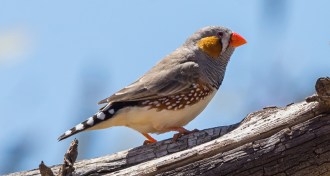 Animals
AnimalsA stressful youth makes for a devoted finch dad
Stress is generally thought to be a bad thing. But a new study shows that under certain conditions, a stressful childhood could make a zebra finch a better father.
-
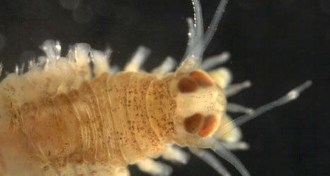 Neuroscience
NeuroscienceMelatonin and the watery beginnings of sleep
The tiny zooplankton Platynereis dumerilii use melatonin just as much as we do, suggesting that the origins of sleeplike behavior may lie under the sea.
-
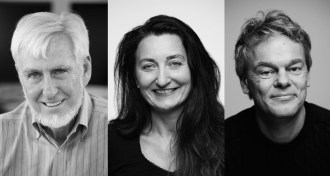 Neuroscience
NeuroscienceNeuroscientists garner Nobel for discovering brain’s ‘inner GPS’
Three researchers who found brain cells that allow rats to orient themselves in space have won the 2014 Nobel Prize in physiology or medicine.
-
 Neuroscience
NeuroscienceBrain’s map cells win three scientists Nobel Prize
The discovery of brain cells that provide a sort of “inner GPS” has been awarded the 2014 Nobel Prize for physiology or medicine.
-
 Neuroscience
NeuroscienceHigh blood sugar could worsen effects of spinal injury
Studies in people and mice suggest reining in blood sugar can improve recovery from a spinal cord injury.
By Nathan Seppa -
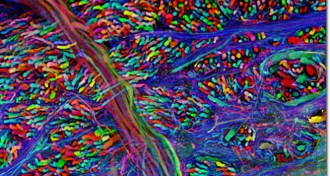 Neuroscience
NeuroscienceWhite House gives progress report on BRAIN Initiative
More pieces of President Obama’s ambitious BRAIN Initiative announced April 2013 have fallen into place.
-
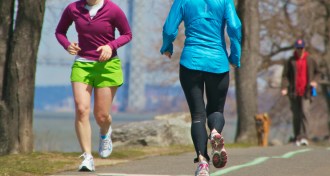 Neuroscience
NeuroscienceMighty muscles may stave off depression
Strong muscles protect the brain from stress-induced toxin associated with depression, a study in mice suggests.
-
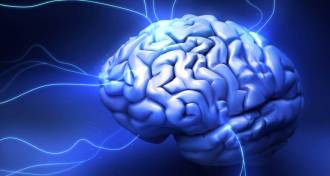 Psychology
PsychologyBalancing the excitation and inhibition tightrope in depression
A new study looks at how a balance of positive and negative inputs in the lateral habenula might relate to disappointment and depression.
-
 Neuroscience
NeuroscienceDyslexic brain may solve some math problems in a roundabout way
Children with dyslexia rely heavily on right brain to do addition problems.
-
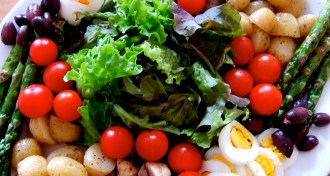 Psychology
PsychologyTraining the overweight brain to abstain
A new study shows that brain changes are associated with a weight-loss behavioral intervention, but it may be a while before we can train our brains to prefer peppers over pork chops.
-
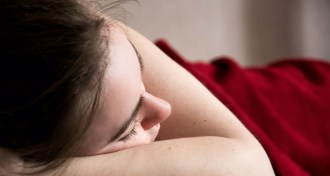 Psychology
PsychologyIn PTSD, a good night’s sleep means feeling safe
Studies of PTSD in rats have usually focused on fear and trauma. But a new study in humans shows that learning about safety may be important as well.